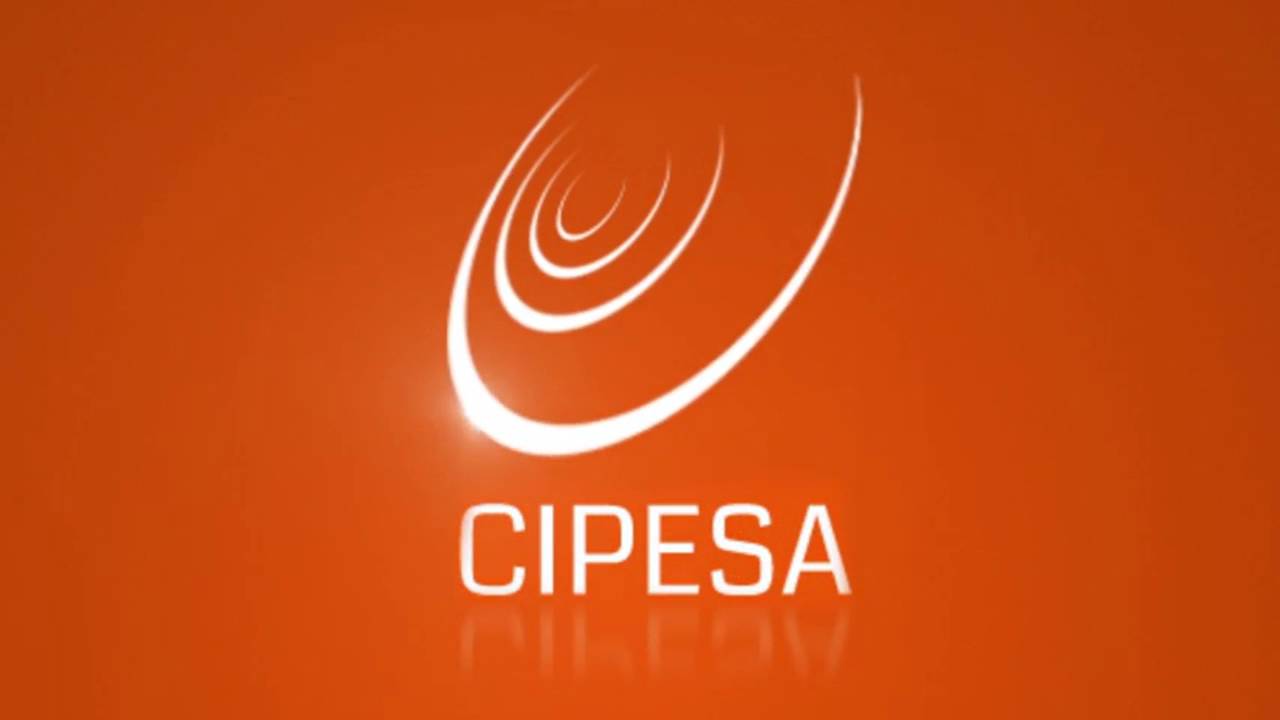Can you ace these NDDC Scholarship Law Aptitude Test questions? Start honing your skills with some past questions practice and get a preview of what you can expect on test day.
We pulled these Law questions from our study pack NDDC Scholarship aptitude-test past questions studypack. Each sample question includes correct answers, so you can see how to crack it!
Sample NDDC Scholarship Law Aptitude Test Past Questions and answers
1. The acronym PIGB stands for
A. Petroleum Industrial Governance Bill
B. Petroleum Industry Governing Bill
C. Petroleum Industry and Governance Bill
D. Petroleum Industry Governance Bill
2. Which is the first regulatory framework aimed at promoting antigas flaring policies in Nigeria?
A. Associated Gas Reinjection Act, 1979
B. Antiflare Rejection Act, 1979
C. Associated Natural Gas Disposal Act 1982
D. Flaring and Decomposition Management Act 1965
3. Which section of Petroleum Act, Cap P10 Laws of the Federation of Nigeria (LFN) 2004 defines oil exploration in details?
A. Section 10
B. Section 12
C. Section 14
D. Section 15
4. The Natural Resources, Resolution 1803 (XVII) of 14 December 1962, popularly known as the landmark resolution involves
A. The right of peoples and nations to permanent sovereignty over their natural wealth and resources.
B. The right of local communities to collect royalties and award mineral mining rights
C. The right of exploration companies to mining
D. The resolution of disputes between nations, host communities and mining companies.
5. One of these countries is not a member nation of OPEC
Libya
Algeria
Russia
Qatar
Click here to get the complete NDDC Scholarship past questions pack for Law category
6. The fundamental cause of the ecological problem is:
a) Exploration for natural resources.
b) The scale and nature of production of goods and services.
c) The Nigerian government.
d) Africans Socio-economic behavior
7. The argument that firms polluting the environment should pay the cost of so doing has been opposed on which of the following grounds?
A. Big firms in rich countries with lots of financial resources will be able to afford to pay, while firms in poor countries will not.
B. The polluter pays principle reduces the emissions causing the problem in the first place.
C. The polluter pays principle solves climate change.
D. All of the options given.
8. Which of the following gases is the major contributor to global warming?
A Methane
B. Hydrogen
C. Nitrogen
D. Carbon Dioxide
9. Which of the following is an example of a social cost?
A. UK coal-fired power stations creating acid rain that causes deforestation in Norway.
B. A new rail line reducing the number of commuters driving to work.
C. Power stations in China installing carbon capture technology.
D. The EU limits on fish catches.
10. Which of the following best represents the views of the Right regarding the ecological problem?
A. Business should not be forced to pay the social costs that it generates.
B. The polluter should pay.
C. There is no tradeoff between environmental damage and economic growth.
D. Environmentally friendly technologies are the enemy of business.




